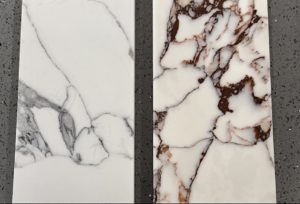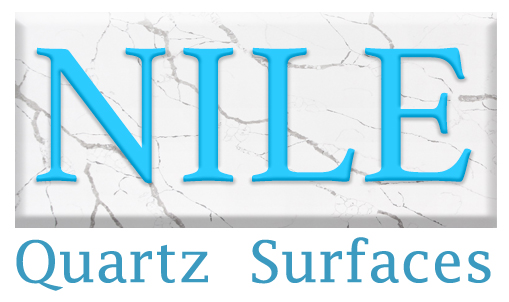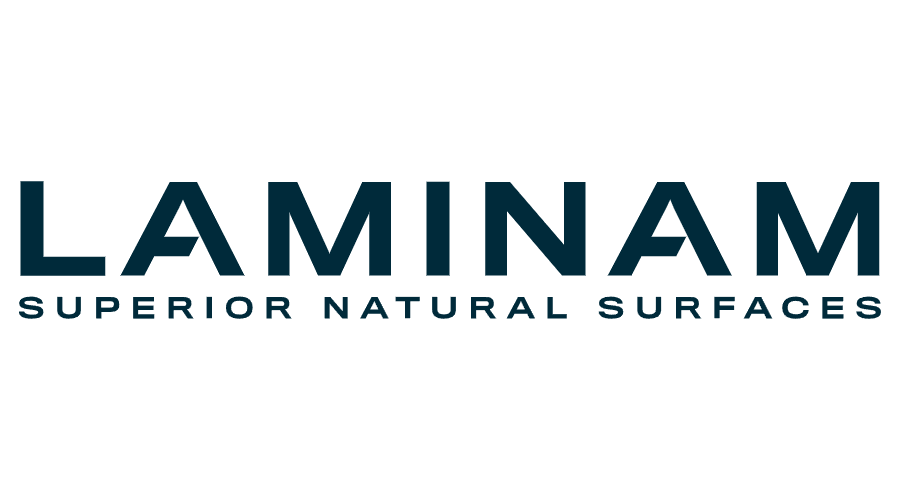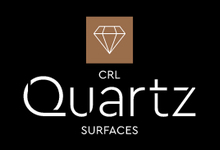How to Clean Quartz Worktops: Simple Steps for Sparkling Surfaces
Wondering the best way to keep your quartz worktops spotless and shining? Learn how to clean quartz worktops effectively with our no-nonsense guide. You’ll discover the do’s and don’ts, ensuring your quartz worktops stay pristine without using damaging substances.
Key Takeaways For Cleaning Quartz
- Avoid harsh chemicals and abrasive cleaners on quartz worktops; instead, use mild detergents and rinse with water for daily maintenance to keep them looking shiny and new.
- Protect quartz countertops from heat damage by using trivets and tackle stubborn stains with non-abrasive cleaners recommended by the manufacturer.
- Ensure the longevity of quartz worktops with regular cleaning and preventative measures such as using placemats.

The Essentials of Quartz Worktop Cleaning
Maintaining the shine and integrity of your quartz worktops is easier than you might think. All it takes is a little consistency and the right cleaning methods. We’ll discuss the fundamentals of quartz worktop care to help your kitchen surfaces remain pristine for years to come.
Remember, quartz worktops are pretty resilient. They can withstand a lot, but they also have their limits. To clean quartz countertops, avoid strong chemicals and abrasive cleaners, as they can damage their surface. Instead use gentler cleaning methods and products.
The Daily Quartz Cleanse
Regular cleaning can greatly benefit your quartz worktops. It’s simple and effective, and it prevents build-up of grime and stains. Here’s how to clean your quartz worktops:
- Make a solution of mild detergent and water.
- Use a microfiber cloth to apply the solution in gentle circular motions.
- Ensure all residues are wiped away without scratching the surface.
After applying the cleaning solution, rinse the surface with clean water. Then, dry it with a microfiber cloth to prevent water spots and streaks. Doing this daily contributes to preserving the polish of your quartz worktops and retaining their appearance.
Treating Tough Stains on Quartz
Sometimes, despite our best efforts, we end up with a tough stain on our precious quartz worktops. Don’t panic! Most stains can be treated with a bit of patience and the right cleaning products. Purpose-made cleaners are great for dried-in stains, while a mixture of rubbing alcohol and detergent can tackle more challenging marks.
Remember to always use a soft cloth when treating stains. Abrasive materials can scratch the quartz surface. And if you’re unsure about a specific stain, check with the worktop manufacturer. They can guide you to the best cleaning product for the job.
Keeping Quartz Countertops Shiny
Maintaining the gloss and smudge-free look of your quartz worktops is not an overly complicated process, but it does require a regular cleaning routine. Start by cleaning the worktops daily with soapy water or a neutral mild detergent. After rinsing with clean water, you can then polish dry with a soft cloth. This will help to ensure a clean and streak-free finish.
Microfibre cloth is a must-have for cleaning quartz surfaces. They’re not abrasive and help prevent permanent marks. For that extra polish, apply a glass cleaner after the worktop is dried. Follow the product’s instructions for the best result.
What Not to Do: Protecting Your Quartz Worktop
Certain cleaning methods and products can cause more harm than good. Harsh or aggressive chemicals, for example, can etch the quartz surface and compromise the integrity of the material.
Strong chemicals can strip away the protective sealant of quartz worktops, affecting their resistance to staining and scratches. In fact, bleach and similar harsh chemicals can cause staining, leading to a discoloured appearance. So, it’s best to avoid these when cleaning your quartz worktops.
Heat Hazards: Safeguarding Quartz from Scorching
Quartz worktops are pretty tough, but they have their limits when it comes to heat. They can withstand heat up to about 300 degrees Fahrenheit, but beyond that, damage can occur. Avoid placing hot pans and kitchenware directly on the surface to prevent heat-induced damage.
Trivets are your quartz worktop’s best friends. They keep hot cookware off the surface and protect from potential heat-related damage. Remember, repeated exposure to heat can lead to cracks and discoloration. So, always take precautions when dealing with hot items in the kitchen.
The Truth About Quartz and Harsh Cleaners
Let’s debunk a myth: harsh cleaners should not be your go-to option for quartz worktops. While they may seem like powerful cleaning agents, they can do more harm than good. Harsh cleaners can cause:
- Irreversible damage
- Discolouration
- Damage to the surface
- Removal of the protective sealant
Instead, opt for gentle, pH-balanced cleaning solutions. They maintain the integrity of your quartz worktops and prevent damage. Cleaning products that are not pH-neutral can wear off or dull the polished surface, hence the importance of selecting the appropriate cleaning solutions for your quartz worktops.
The Role of pH in Quartz Worktop Cleaning
When it comes to cleaning quartz worktops, pH plays a crucial role. Using pH-neutral cleaners helps maintain the integrity of the surface and prevent damage. It’s a seemingly small detail, but it can make a big difference in the long-term condition of your worktops.
Cleaning agents that aren’t pH-neutral can cause erosion or dullness on the polished surface of quartz. So, whether you’re doing daily maintenance or a deeper clean, always opt for pH-neutral cleaners.
What to do with quartz countertops after a spill
Every now and then, accidents happen. But with quartz worktops, quick action can prevent permanent damage. The key is to address spills and stains immediately, using the appropriate cleaning methods.
Different substances require different cleaning methods. Oil-based spills, for instance, need a different approach compared to wine or coffee spills. Therefore, it’s necessary to identify the spilled substance and respond appropriately.
Immediate Action for Spills
When a spill occurs on your quartz worktop, time is of the essence. The quicker you act, the less chance of a permanent stain. Especially those from acidic or highly pigmented substances like wine or coffee, they should be cleaned up immediately.
Removing Persistent Marks Without Permanently Damaging Quartz
Sometimes, despite our best efforts, some marks persist. But don’t lose hope. There are ways to remove persistent marks without causing permanent damage to your quartz worktops. The secret is to use gentle cleaning techniques and suitable products.
Consult with the worktop manufacturer if you’re unsure about a specific stain. They can guide you to the best cleaning product for the job.
Keeping Quartz Worktop Looking Fresh for Longer
Quartz countertops are known for their durability and low maintenance. With the right care, they can last for many years, looking as good as new. From regular cleaning to adopting preventative measures, there are several ways to enhance the longevity of your quartz worktops, making them a popular choice among stone worktops.
While quartz worktops are resistant to staining due to their less porous nature, they’re not immune to damage. Using harsh chemicals, exposing them to heat, or not cleaning spills promptly can lead to quartz worktops stain and surface damage. Therefore, it’s crucial to properly look after your worktops to ensure they maintain their excellent condition over a long period.
In summary, quartz worktop care involves daily cleaning, treating tough stains, avoiding harsh chemicals and heat hazards, and implementing preventative measures.
By following these tips, you’ll not only keep your quartz worktops looking as good as new, but you’ll also enhance their longevity, making them a lasting feature in your kitchen.
Cleaning Quartz FAQs
What is the best thing to clean quartz worktops with?
You can use dish soap, warm water, non-abrasive glass cleaner, microfiber cloths, and non-abrasive sponges to clean quartz worktops, and it’s important to maintain their cleanliness daily to prevent damage.
What not to use on quartz worktops?
Avoid using strong chemical products like caustic soda, hydrochloric acid, paint stripper, and bleach on your quartz worktops as they can affect the sealant and damage the surface.
How can I remove a stubborn stain from my quartz worktop?
To remove a stubborn stain from your quartz worktop, try using a specialised cleaner or a mixture of rubbing alcohol and dish detergent for tougher marks.
Can I place hot pans directly on my quartz worktop?
No, it’s best to use trivets or hot pads to protect your quartz worktop from potential heat-related damage.






















